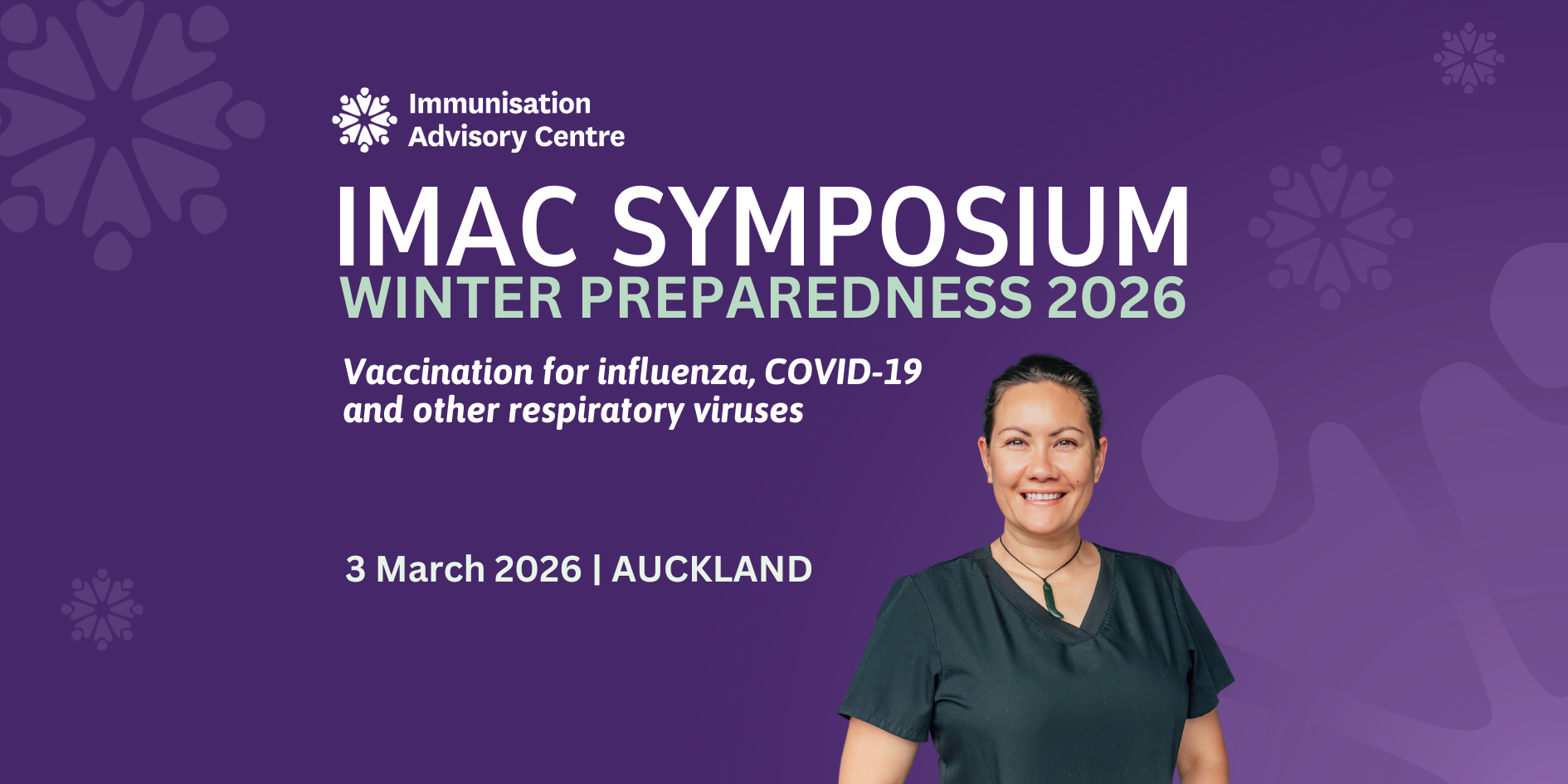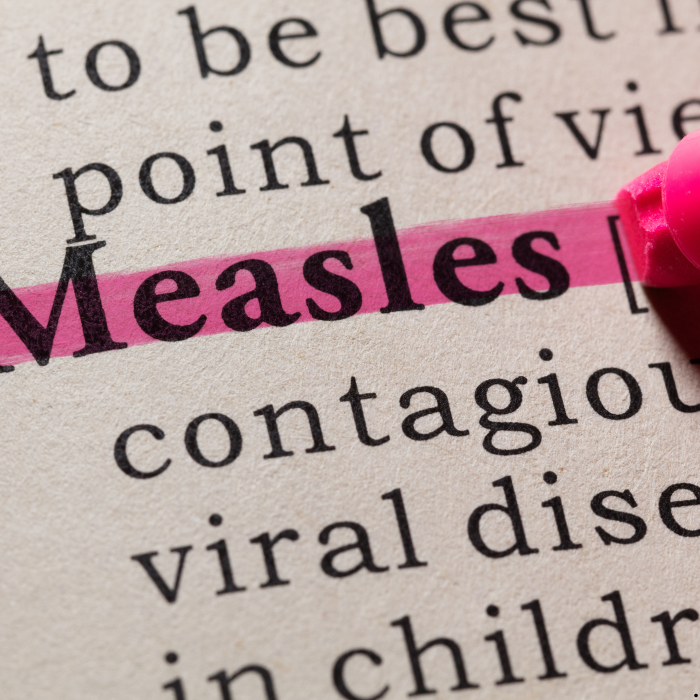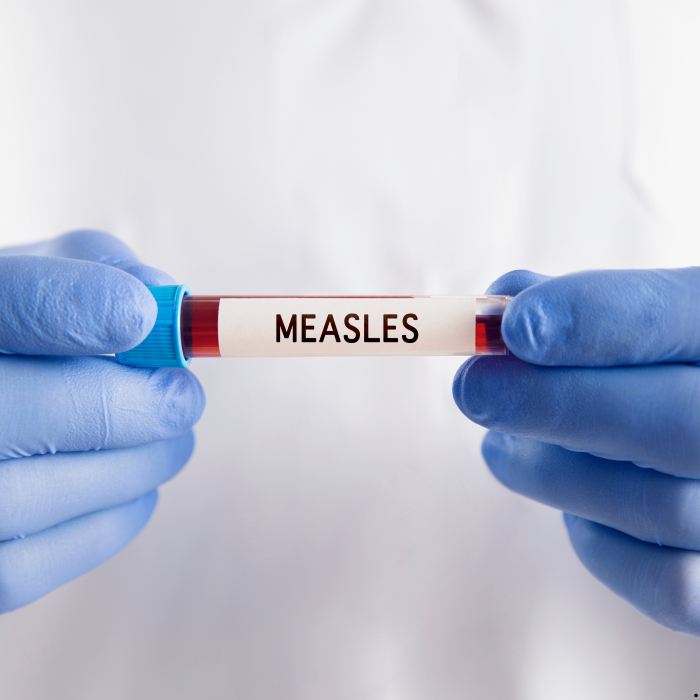News & Hot topics
News stories provide up to date information on the day. Be aware that things can change quickly so news items may not be up to date for long. Go to our vaccine and disease information to get clinical guidance.
Thank you! Your submission has been received!
Oops! Something went wrong while submitting the form.



February 2, 2026
Flu and Friends 2026 webinar: Update on influenza, COVID-19 and RSV vaccines
Influenza
COVID-19
RSV

.png)
January 30, 2026
Vaccine preparation essentials - webinar recording
Vaccine administration
Webinars


December 18, 2025
Important update to administration of adrenaline and liquid paracetamol
Vaccine administration


December 12, 2025
Stock ordering for new Comirnaty 10mcg vaccine
Comirnaty vaccine (Pfizer/BioNTech)
COVID-19 Programme


December 12, 2025
0800 IMMUNE Christmas and New Year hours
No items found.


November 18, 2025
Version 7 of the Immunistion Handbook published
No items found.

.jpg)
September 19, 2025
Webinar recording: Clinical update on measles and MMR vaccination
Measles
MMR
Webinars


September 10, 2025
Version 5 of Immunisation Handbook published
No items found.


June 18, 2025
Webinar recording: VHW role and pathway update
Vaccinating Health Workers (VHWs)








.png)